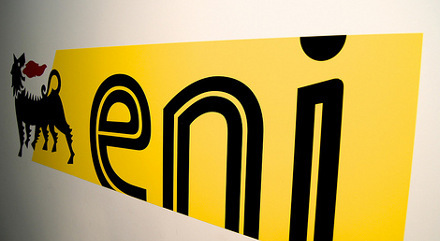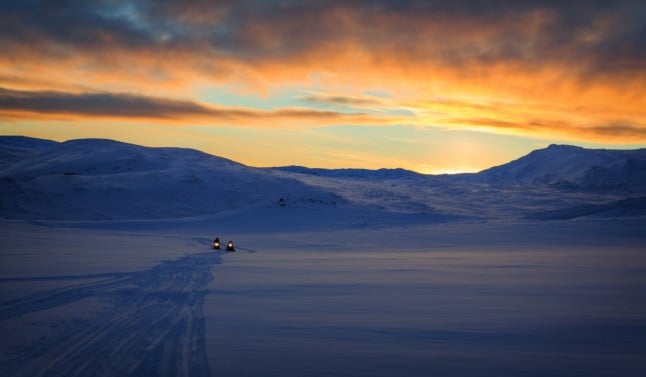"The $6 billion…(deal) is expected to start commercial production of oil and gas by mid-2017 to augment the country's current production capacity," a statement from the Ministry of Energy and Petroleum resources said.
The accord pertains specifically to the offshore field known as Cape Three Points and key portions of the deal must still be approved by parliament.
Ghana, which began commercial oil production in late 2010 in its Jubilee field, has so far struggled to hit its production targets and has faced challenges in attracting foreign investment to fully develop its oil and gas resources.
Energy and Petroleum Minister Emmanuel Armah Kofi Buah conceded that "investment risk (was) a major hurdle in the negotiation".
The country currently produces around 100,000 barrels per day (bpd) and had hoped to be at a far higher production level by the end of 2014.
Ghanaians still face regular power cuts, especially outside the capital Accra, and the country's much-vaunted economic success story has been slightly tarnished by difficulties in containing inflation and a failure to control deficits.
The energy ministry described gas production as a key component of the Eni deal, promising that it would boost power supply.
"This project promises to deliver up to 170 million cubic feet of gas per day for the next two years and put Ghana on its way to a future where one of the critical constraints to power generation (cheaper fuel) will be addressed," the statement said.
Ghana's oil and gas reserves are tiny compared with nearby Nigeria, Africa's largest producer, which churns out roughly two million barrels of crude per day.
The country had attracted significant international interest in the early years following the discovery of oil, as many saw it as a rare example of stability in an often turbulent region.
Ghana, a major exporter of gold and cocoa, has conducted six democratic elections since the end of military rule in 1992, with power changing hands between the two main parties.



 Please whitelist us to continue reading.
Please whitelist us to continue reading.
Member comments